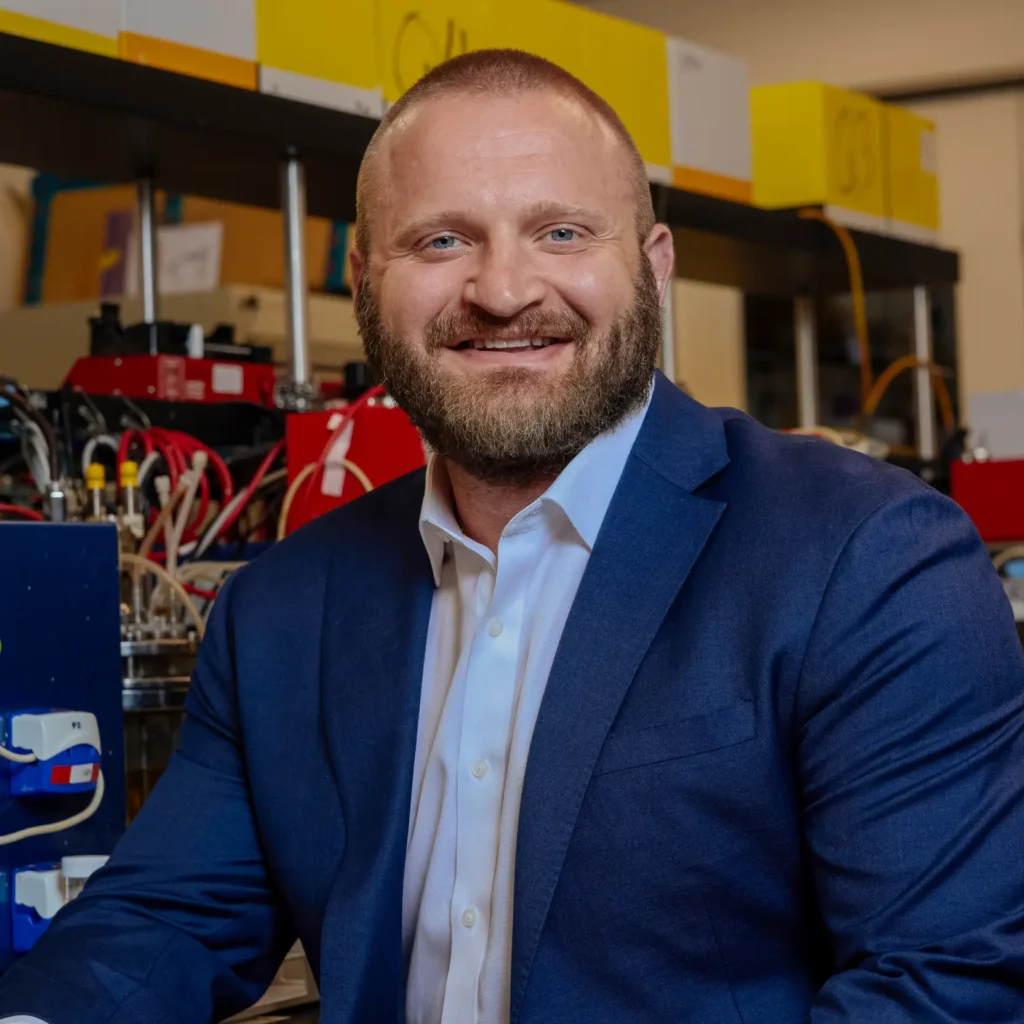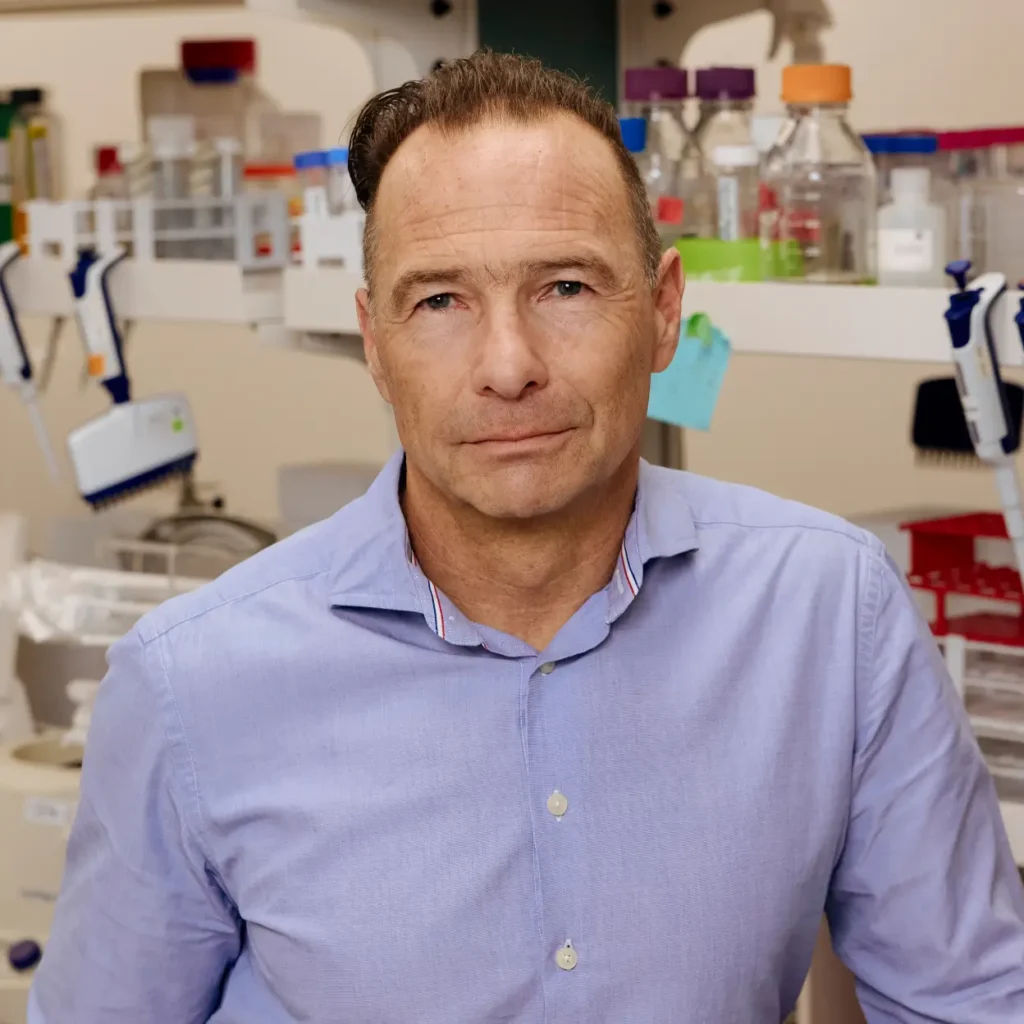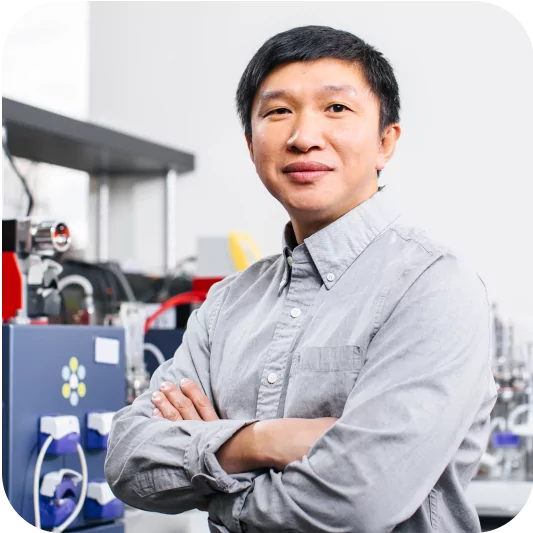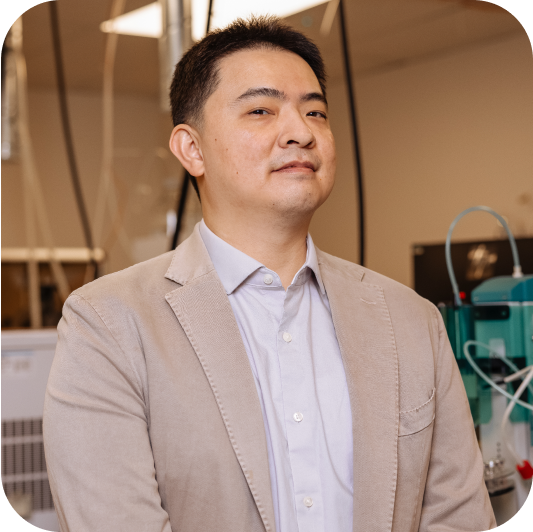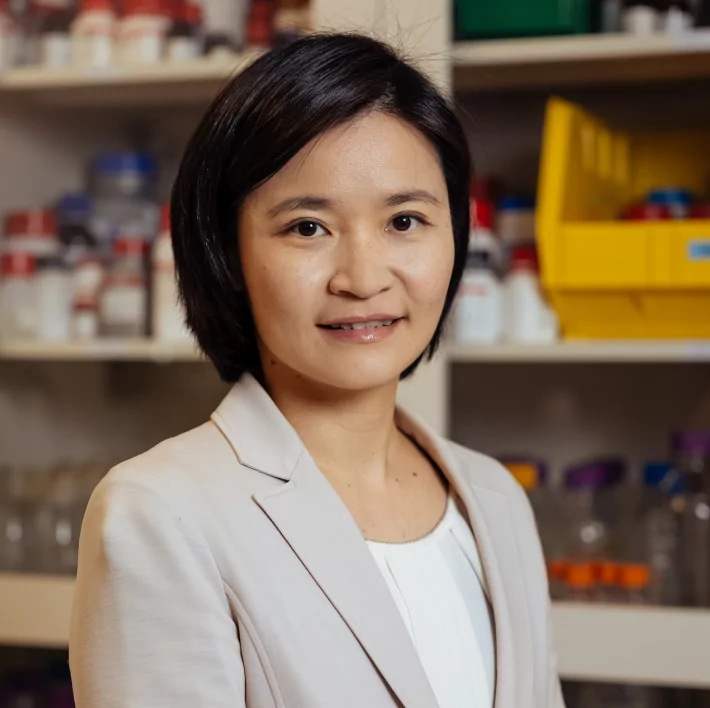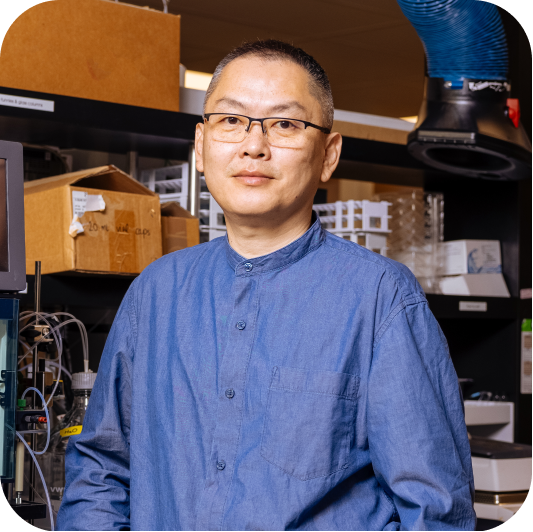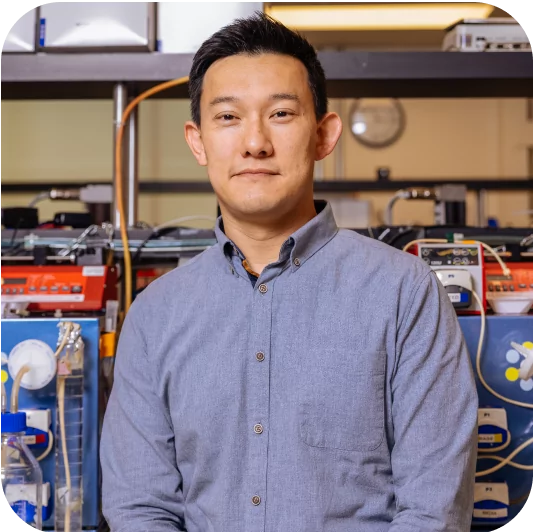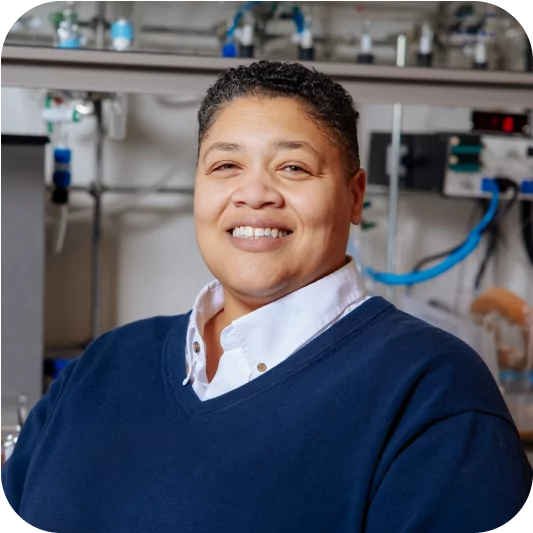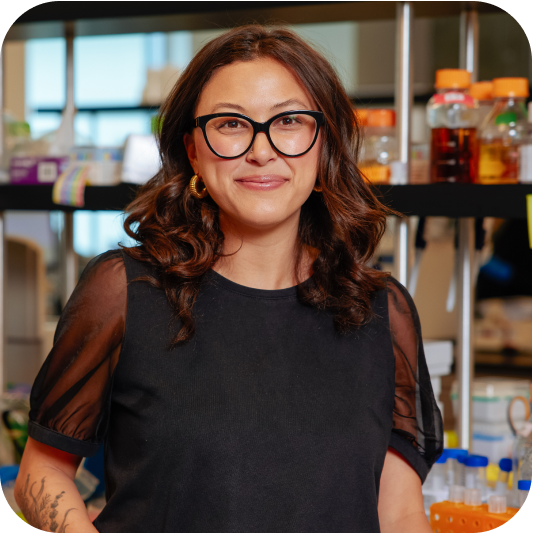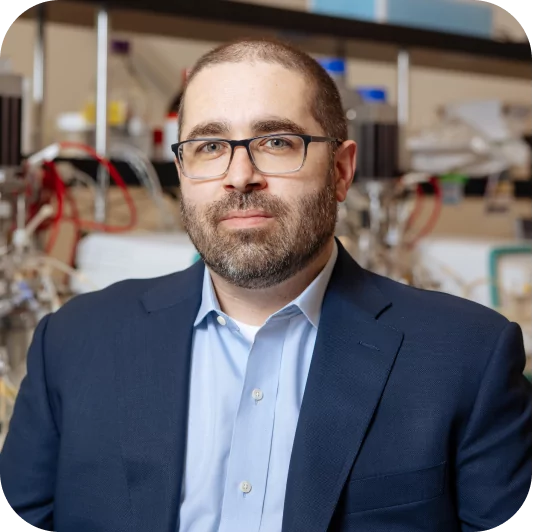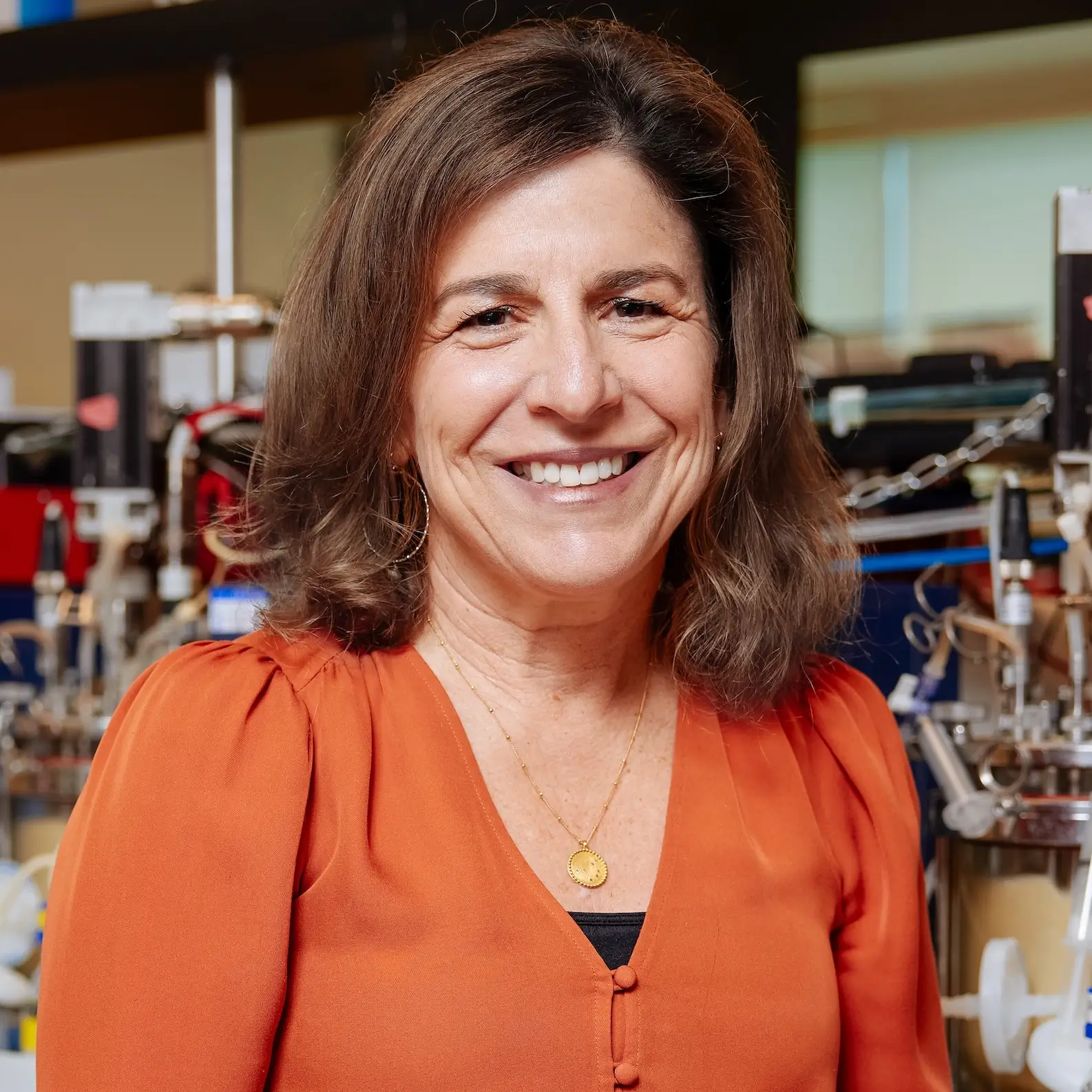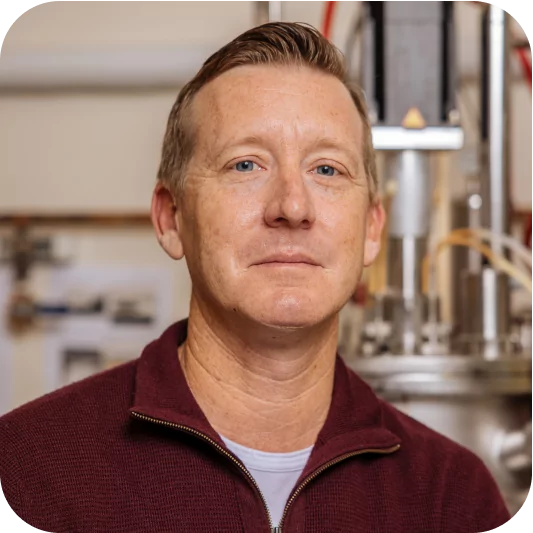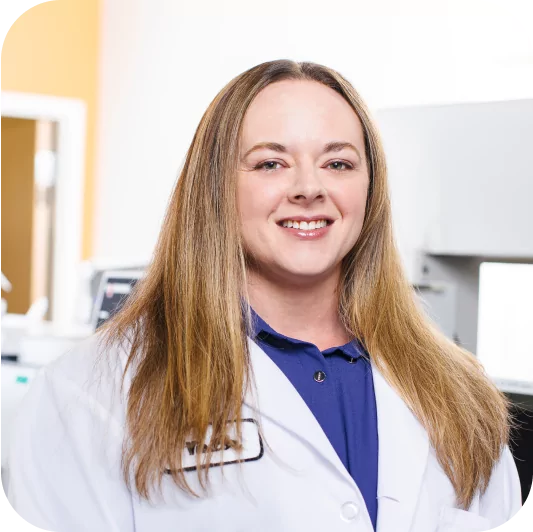Learn more about synbio and the tools and technologies advancing this field in Part I, Part II, and Part III of this blog series.
Fermentation is one of humanity’s oldest and most pivotal technological developments. Through fermentation, societies began adapting their diets nearly ten millennia ago, to include new and innovative foods such as alcohol and leavened bread, with the rise of alcohol brewing starting in 7000 B.C., and baking leavened bread beginning around 1500 B.C. When paired with new technologies, like synthetic biology, modern fermentation practices hold new opportunities beyond preserving and making foods, such as producing industrially, medically, and nutritionally important compounds. Industrial fermentation for manufacturing of these products can potentially be performed anywhere globally, assuming the technical challenges of engineering a commercially-viable strain and process are overcome. This technology offers a sustainable solution to meet the demand for high-quality products of a growing global population.
In a modern synthetic biology lab, microbes can be engineered to produce specific natural, non-native, or even entirely novel compounds by fermentation. Small-scale fermentation of these organisms allows researchers to test and optimize production before scaling up to pilot and manufacturing quantities. In this blog, we explore what factors determine a successful fermentation run, how fermentation is leveraged for strain development, and the myth that fermentation for synthetic biology products cannot be scaled.
Fermentation factors
In nature, the fermentation process occurs when microbes like yeast or bacteria break down a sugar source for energy under certain conditions that lead to a byproduct, such as alcohol. Humankind harnessed this process millennia ago for brewing beer in what’s widely considered our first foray into biotechnology. Beer was produced at scale in ancient Egypt about 5,000 years ago, with over 22,000 liters produced at a single brewery, laying the groundwork for modern-day industrial fermentation.
Despite being a natural process, fermentation can be regulated and optimized for greater output by regulating just a few key variables – temperature, acidity, oxygen, and nutrition source or feedstock – to optimize growth and production.

Temperature and acidity (pH) in particular have a significant impact on the growth of the organism which is required for fermentation. All microbes have a preferred temperature range in which they grow most efficiently. Outside of this range, they either become stressed and die, or they enter into a viable but metabolically dormant state. Similarly, microbes have a range of pH tolerance in which they can grow effectively. If acidity levels increase in their environment, microbes become overwhelmed by protons from the acid and prioritize pumping them out to stay alive. This is a common problem, as many microbes produce acidic compounds as byproducts during fermentation, leading to a natural increase in acidity that can negatively impact the growth of the organism.
Oxygen, carbon, and nitrogen sources – energy for the organism – are also critical for powering optimal, stress-free growth that allows the production of a targeted compound. Many microbes, including yeast, rely on oxygen to catalyze chemical reactions and power their growth. Microbes also require a carbon source – typically a sugar, like glucose – to drive growth and product formation. Identifying the appropriate sugar to use, how much of it to use, and when to add it to the culture must be identified early on in the fermentation process development. However, oxygen and sugar are not always essential components, depending on the organism. A select few can use other gasses like carbon monoxide and hydrogen to fuel their growth and produce industrially relevant compounds, as LanzaTech’s synthetic biology approach using waste gas as a feedstock for fermentation has successfully demonstrated.
In synthetic biology, fermentation plays an essential role from strain development to product development. A successful fermentation – where an organism grows and makes its target product – must be within the permissive range of each of the core variables of temperature, pH, oxygen transfer, and feedstock. When it comes to optimization of fermentation – where an organism grows and makes its target product to the best of its ability – another factor comes into play: volume. The volume of the fermentation varies drastically from R&D to product development to large-scale manufacturing, and must be considered during early process development.
Fermentation for strain development
Synthetic biology R&D may generate dozens or even hundreds of candidate strains and each must be evaluated for their potential growth and product profiles. Small-scale fermentation helps researchers screen these candidates, occasionally using high-throughput tools and software to iterate strain development, identifying those that require another round in the Design-Build-Test-Learn (DBTL) cycle and those that should progress to process development.
Small-scale fermentations are typically in volumes ranging from a few hundred microliters up to 50 milliliters. At these small volumes, the key variables of temperature, pH, oxygen transfer, and feedstock are highly constrained, making the fermentation process difficult to control. Micro-fermentation bioreactors may use microfluidics to regulate some of these variables, and specifically can offer better accuracy and precision on pH control than microtiter plates and flasks. For example, it is easier to add base to maintain the pH in a bioreactor, just as you would in a benchtop fermenter. However, it should be noted that the most optimal operational constraints for these variables are typically determined at a larger scale post-screening.
Dozens of strains can be screened simultaneously using high-throughput microtiter plates, allowing researchers to assess the growth profile and get an idea of how effectively the engineered microbe produces the compound of interest under less-than-ideal conditions. Once suitable candidate strains have been identified, they can be transferred from the DBTL cycle and taken forward into benchtop-scale process development. At the benchtop scale, each variable can be controlled and optimized to determine the most successful fermentation conditions in a bioreactor.
Optimizing fermentation
Benchtop scale fermentation offers the most control over the fermentation process. Benchtop bioreactors – ranging from ~150 mL to 5L in volume – are large enough to tweak each major variable, but small enough to retain tight control over the process. Common additives to fermentation cultures include acid and base solutions to regulate the pH, feedstock strategies to maximize growth and production, and oxygen to maintain an optimal dissolved oxygen transfer rate during the process.
Process optimization is performed at this benchtop scale, however, it does not reflect nor capture the limitations of pilot and manufacturing scales which are on the order of hundreds to tens of thousands of liters in volume. Transitioning to the manufacturing scale presents an entirely new challenge: the larger the fermentation volume, the more difficult it is to precisely control each variable. Gradients in temperature, pH, oxygen, and even feedstock develop across the huge volume of the fermentation culture because mixing thousands of liters efficiently is challenging – though not impossible.
Process optimization is performed with this end process in mind to pre-empt these challenges at an industrial scale. The limitations of a manufacturing-scale bioreactor’s mixing ability and oxygen input can be factored in when designing the experiments, as can understanding the typical temperature and pH gradients that form during fermentation. Researchers often use the same materials, such as growth medium components and even water, to ensure that process development conforms to the limitations and potential variations that may be encountered when scaling up, reducing the risk of failure at this stage.
Ultimately, the simpler the process, the easier it is to scale. In traditional biotech fermentation, researchers try to fit the constraints of the operating space at the manufacturing scale to their organism’s ability to tolerate the gradients that form in the key fermentation variables. Synthetic biology offers another route via strain engineering, where metabolic pathways resulting in unwanted byproducts can be altered, and strains can be selected or engineered based on their tolerance of pH and other conditions in the DBTL cycle. Rather than be limited by the fermentation process, synthetic biology has enabled us to engineer the organism to adapt to those limitations.
A common – and entirely unfounded – criticism of synthetic biology is that it cannot be scaled by fermentation. While synthetic biology faces additional hurdles such as genetic stability and product toxicity, the synthetic biology approach to fermentation has proven itself commercially successful. In 2003, DuPont developed an engineered strain of E. coli for 1,3-propanediol and is now expanding its flagship plant for the production of plant-based Bio-PDOTM. Genomatica developed a strain of E. coli for 1,4-butanediol production which was scaled successfully from 30L to a massive 600,000L commercial fermentation. In the food sector, Motif FoodWorks announced HEMAMI™, an ingredient produced by fermentation that gives an umami flavor to plant-based meat products. These examples are just a few recent demonstrations of the successful scaling of products made with synthetic biology, and in the coming years, we will see countless more.
Next Time …
In the next and final blog of our Demystifying Synthetic Biology series, we’ll delve into the world of downstream processing where we’ll explore how the product itself is key to determining the type of purifying process required. We’ll look at the tools and technologies required to separate, purify, and augment fermentation products and how strain development in synthetic biology can benefit from beginning with this end-process in mind.
Follow Antheia on LinkedIn to stay up to date on our newest demystifying synthetic biology blogs.
